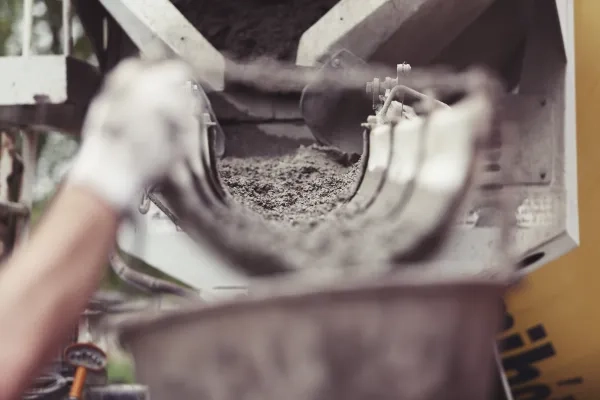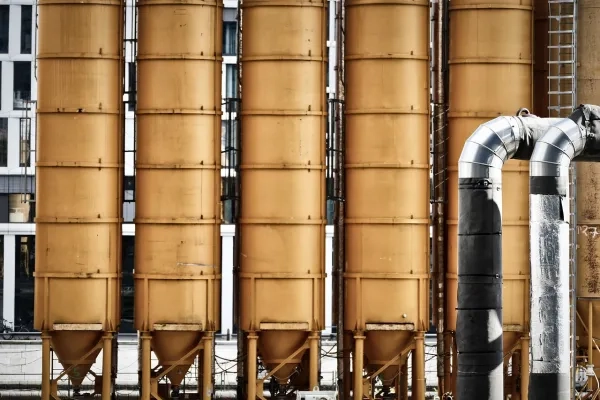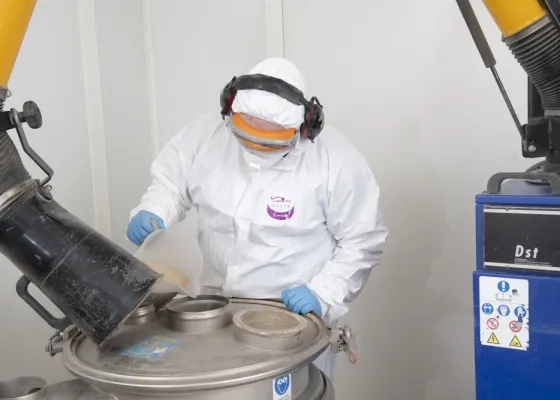+33 (0) 3 20 16 91 40
Materials testing laboratory

You are an industrial company in the building or construction sector, or a laboratory providing services to industrial companies for the characterisation of their materials or waste treatment. Your materials or waste are tested.
AGLAE provides you with interlaboratory comparisons in various solid materials (sediments, sludges, polluted soils and sites, industrial waste, bituminous waste, solid fuel products).

Materials testing in your laboratory
This may involve analyses of :
- natural materials such as soils, sands, clays, minerals or
- building materials, including cement, concrete, bitumen, coatings, etc.
The most commonly tested materials are: cements, clinkers, ashes, additives, aggregates, soils, sediments and building stones.
You carry out material characterisation tests, i.e. you assess the physical, chemical, mechanical, thermal, electrical, optical and magnetic properties of materials. Knowing their characteristics enables you to ensure their conformity and control the risks of possible failures (cracks, breakage, corrosion, etc.).
As far as physico-chemical tests are concerned, chloride and sulphate measurements are carried out on concrete and cement, as well as sulphur and organic pollutant analyses on aggregates. Granulometry is carried out on concrete.

Your expectations in terms of Quality Control
The EU environmental policy is largely determined by its implementation at national, regional and local levels. In France, each company is responsible for the waste it produces and/or holds until it is eliminated. Waste elimination involves the collection, transport, storage, sorting and treatment required to recover reusable elements and materials or energy, as well as disposal or discharge into the natural environment. Waste must be characterised.
Depending on the category, the operators responsible for processing the waste are required to hold an authorisation.

Which proficiency tests could be of interest to you?
This category of interlaboratory comparisons may be of interest to you:
Chemical pollutants in waste, sediments, soils, granulometry (see Chemistry in solid matrices)
By taking part in these interlaboratory comparisons, you will receive an estimate of your analytical performance, enabling you to improve the quality of your analyses of materials and waste.
